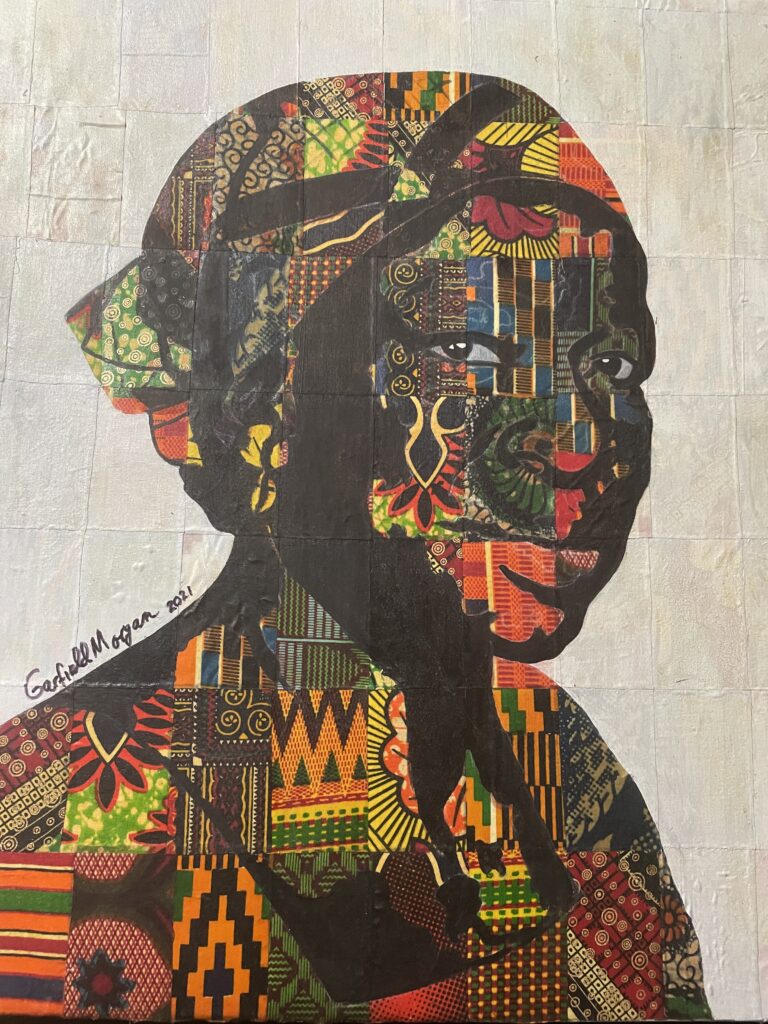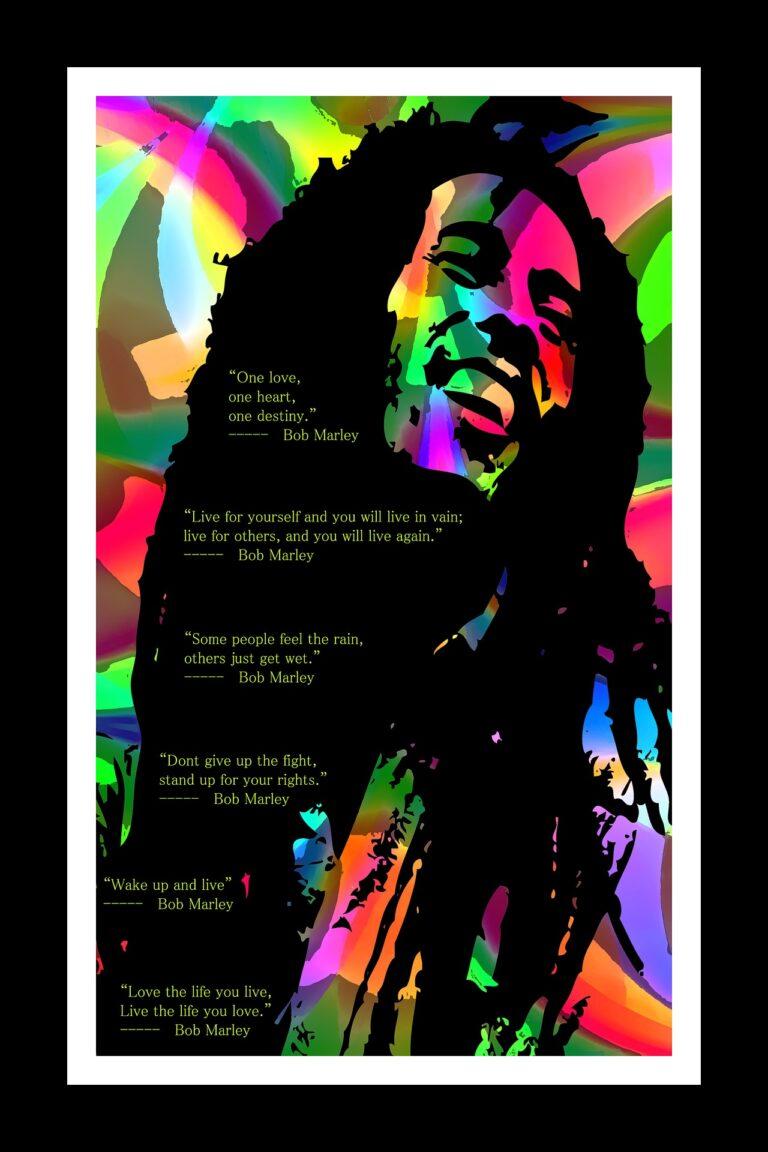Surviving the COVID-19 pandemic

Death came to claim Tyrone Davis the week of 20 September 2021. He ran a high fever, he fought hard to breathe and his heart, his intestines and his lungs were swollen. Upon reaching the hospital, although on the brink of death, everything went fine up until the moment he was asked his vaccination status.
“Everything was going alright until the doctor asked me one question, ‘Sir, did you take the vaccine?’ and I said no, I didn’t take the vaccine. The man seh, ‘well, I cya help yuh!’” said Davis.
He added, “Sir, I am dying! Are you really sending me home to die? The doctor said, ‘well, if you make it, you will never be the same and we can’t help you here, there is no oxygen here. You can’t stay here. You have to leave this hospital! The oxygen is short, it’s for critical patients, you have to leave!’”
His docket was then closed, he was given a prescription and ordered home. “That’s when I started to use my faith. The church lifted me up in prayer and that’s the prayer that helped me. God healed me!” he said.
Jamaica recorded its first imported case of the COVID-19 virus on 10 March 2020. Since then, the country moved from commendations from the World Health Organization (WHO) for the initial handling of the virus, to level 4 (COVID-19 very high) on the recently updated Centers of Disease Control and Prevention’s (CDC) travel advisory list.
For many COVID-19 survivors, their lives were shifted after their battle with the virus.

Sathina Brooks, a registered nurse who normally treats COVID patients, noted that many of her patients became depressed after extensive periods in the hospital. “Due to isolation, they become very depressed. They are not able to have visitors. Some of them die before getting to see their families,” she said. Many of them know they are going to die. I’ve seen where it has affected many patients, especially the elderly.
She noted some of the most common symptoms among her patients, “difficulty breathing, coughing, fever, diarrhea, weakness and loss of the sense of smell”.
For Dellrose Davidson (not her real name) who struggles with asthma, her symptoms were along these lines. “I had the symptoms for up to a month, even now I still have the cough. I was so weak and so sick, I couldn’t breathe!” Christie described her COVID-19 experience as mentally daunting. “I felt like giving up,” she said.
When Joan Hermitt-Thompson’s COVID-19 test came back positive, she immediately thought of her asthmatic son. “I didn’t want any of my family members to catch it, especially my son who has asthma. Where I live, I could not isolate myself, so that was my main concern for no one catching it from me,” she said.
She added that her illness had disrupted her finances. “My husband had just gotten a job and because I was so sick and weak and couldn’t take care of myself much, or my son, my husband had to quit his job in order to take care of me,” said Thompson
Davis, too, lost a major source of income. “Before I got sick, I went in some business and I used all my funds that I had. I had a car and I gave someone to run some taxi for me and gun man shot that person and that car crashed and everything for me just went down the drain. I was broke!” he said.






